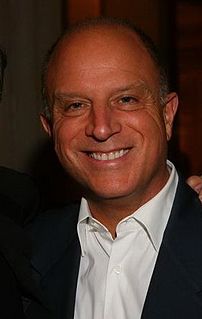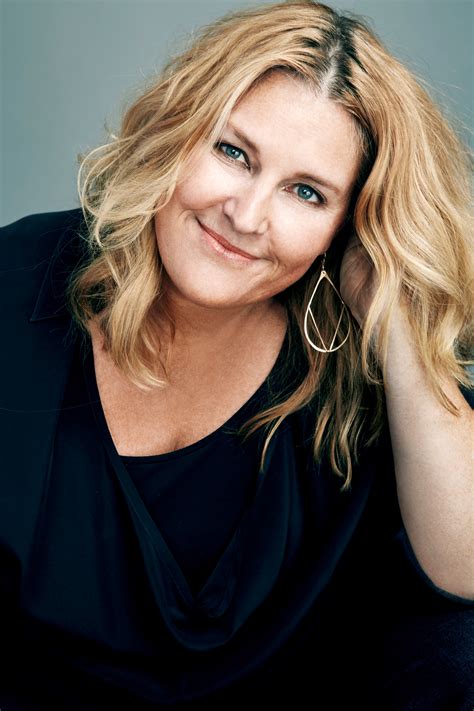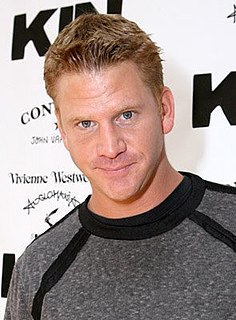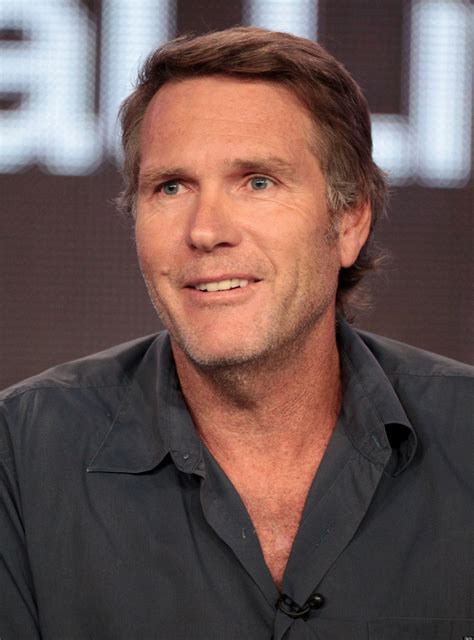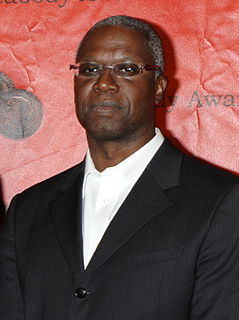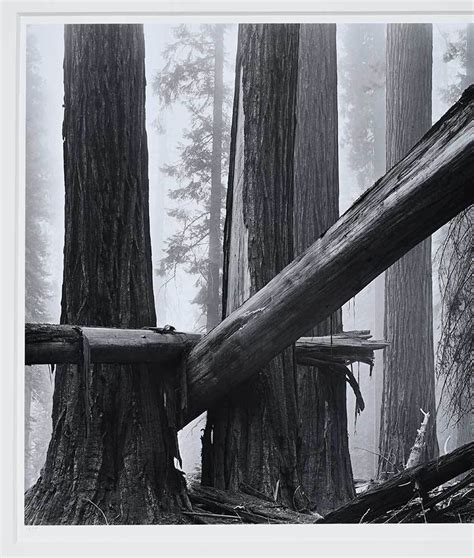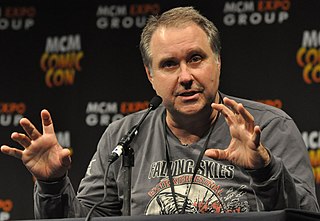A Quote by Cary Fukunaga
I think the semantics of mini-series for a network is that it has an end.
Related Quotes
As someone who grew up in Europe, I don't look at TV and automatically think of a primetime network series, created by a staff of writers. I think of 90-minute movies that can break talents out or a three 90-minutes-an-episode mini series that can introduce a fantastic new series like 'The Blechtley Circle.'
It [going from mini-series to series] was never even discussed because it [The Starter Wife] was, you know, an adaptation of a novel. And we - the mini-series encompassed the whole novel. And so it was always going to be a finite sort of event. And then I imagine when people started to really respond to the show and then we got ten Emmy nominations, USA sort of said, "Oh, I think maybe we have something here."
... semantics ... is a sober and modest discipline which has no pretensions of being a universal patent-medicine for all the ills and diseases of mankind, whether imaginary or real. You will not find in semantics any remedy for decayed teeth or illusions of grandeur or class conflict. Nor is semantics a device for establishing that everyone except the speaker and his friends is speaking nonsense
I think the model of The CW Network is really built on the fan platform more than anything else. The success or longevity of a series has less to do with the number it's pulling and more to do with the social footprint... There is a lot about the fan support on a strictly business level that's really powerful for that network.
I think the most significant change in my life is the decision to do a series. An hourlong dramatic television series on a broadcast network swallows you and chews you up and refuses to spit you out. You're making a decision that's going to be a profound and significant impact on the practical aspects of your life.
The nice thing about a series is you can end on cliffhangers all the time. You can be like, 'You know what? Here we go, this person just died, end of book.' And with the end of the series, you're very conscious of all the plotlines that were left hanging. There's a balance there to wrap those up but still leave it exciting.
I feel confident that we will have a beginning, middle and end, in this season, and it was wise of NBC to then call it what it really is, which is a mini-series. "24" is a really good example, in that there was a definitive beginning, middle and end for the first season. They had a slightly different format than we have, but the second season just retained Jack Bauer and a few other players, with the same basic format and idea, but it was a completely different show.

